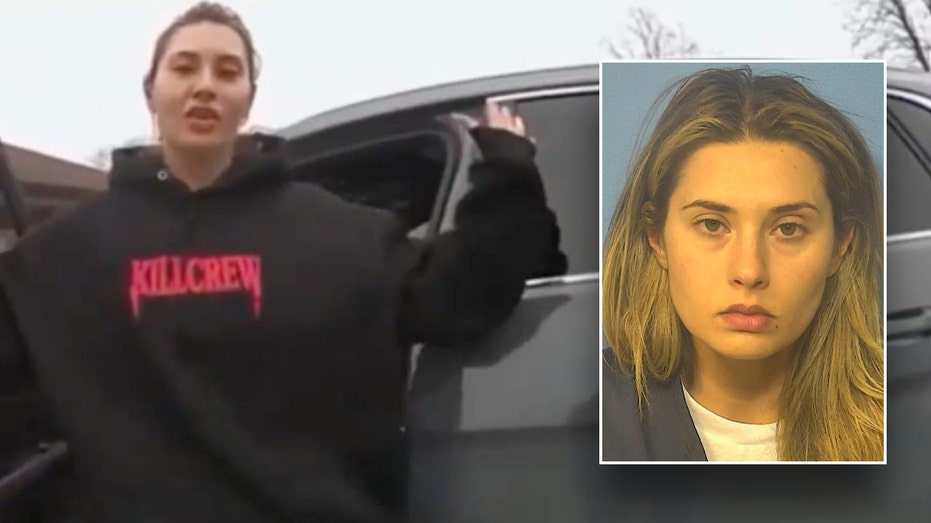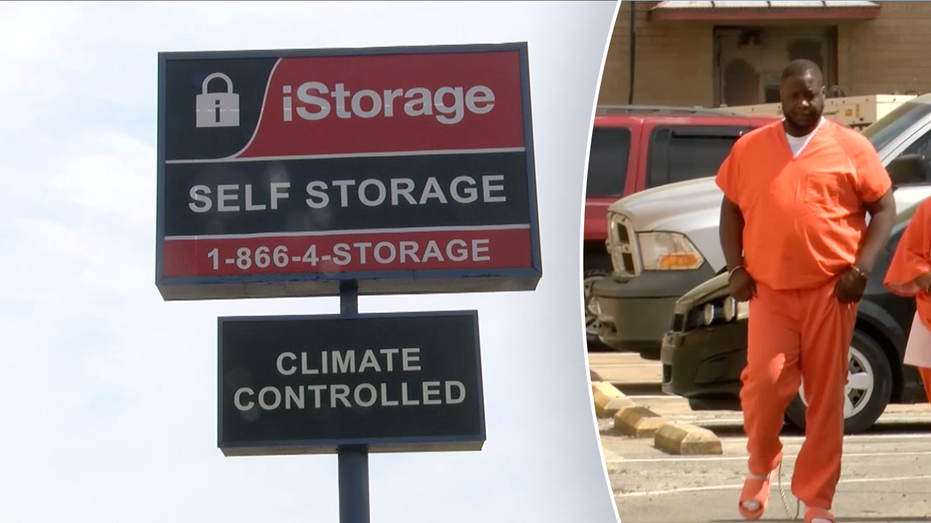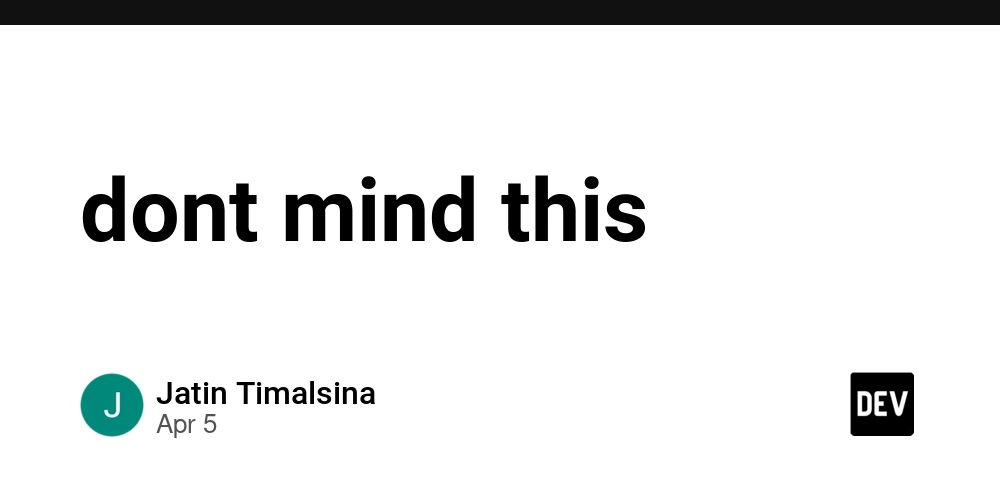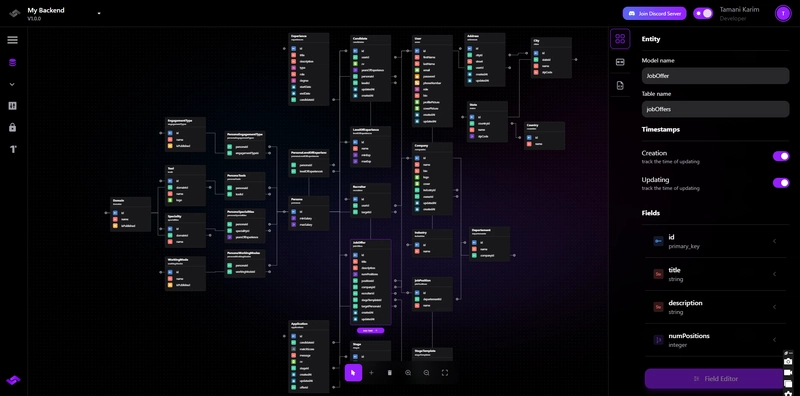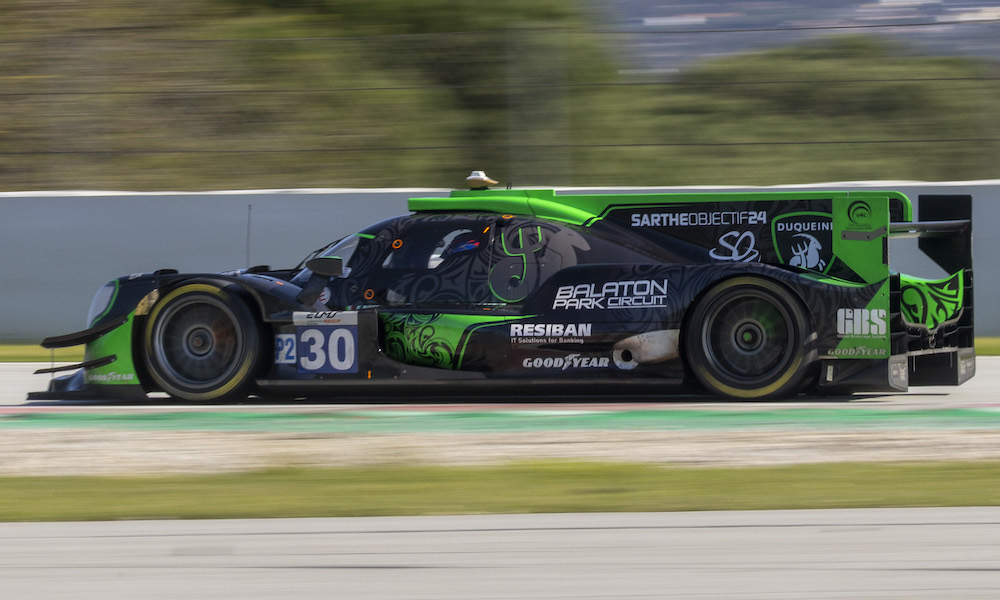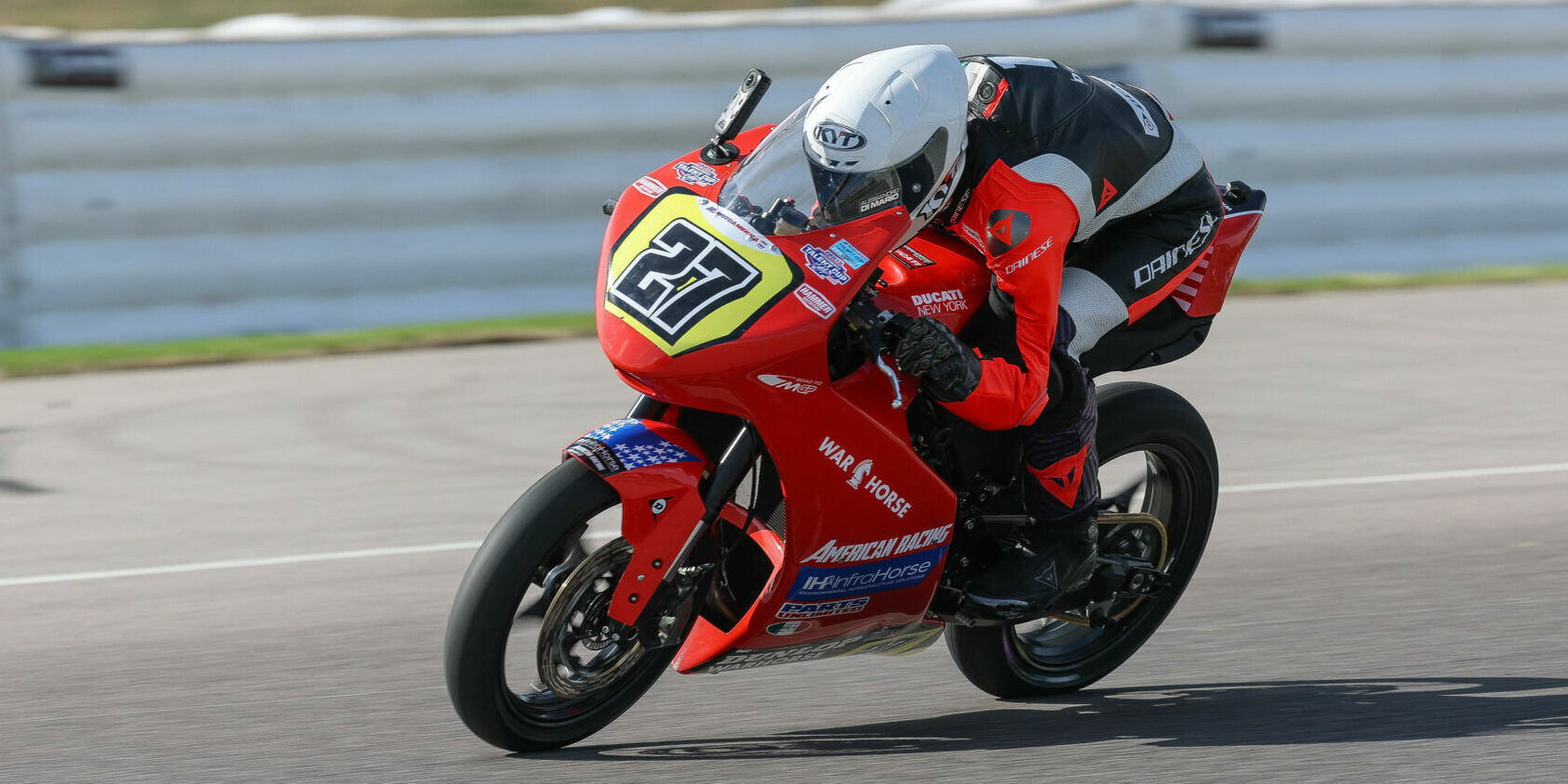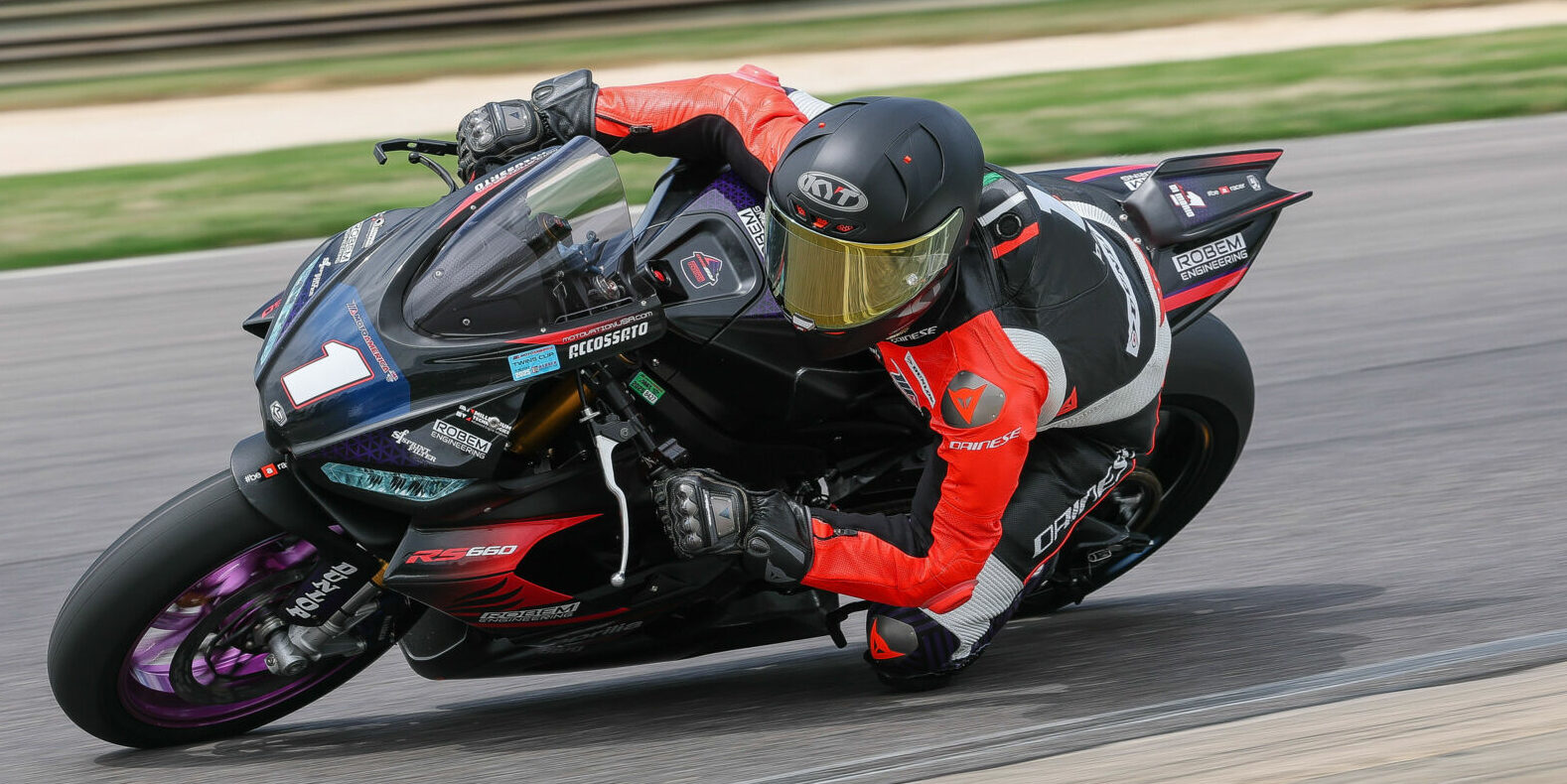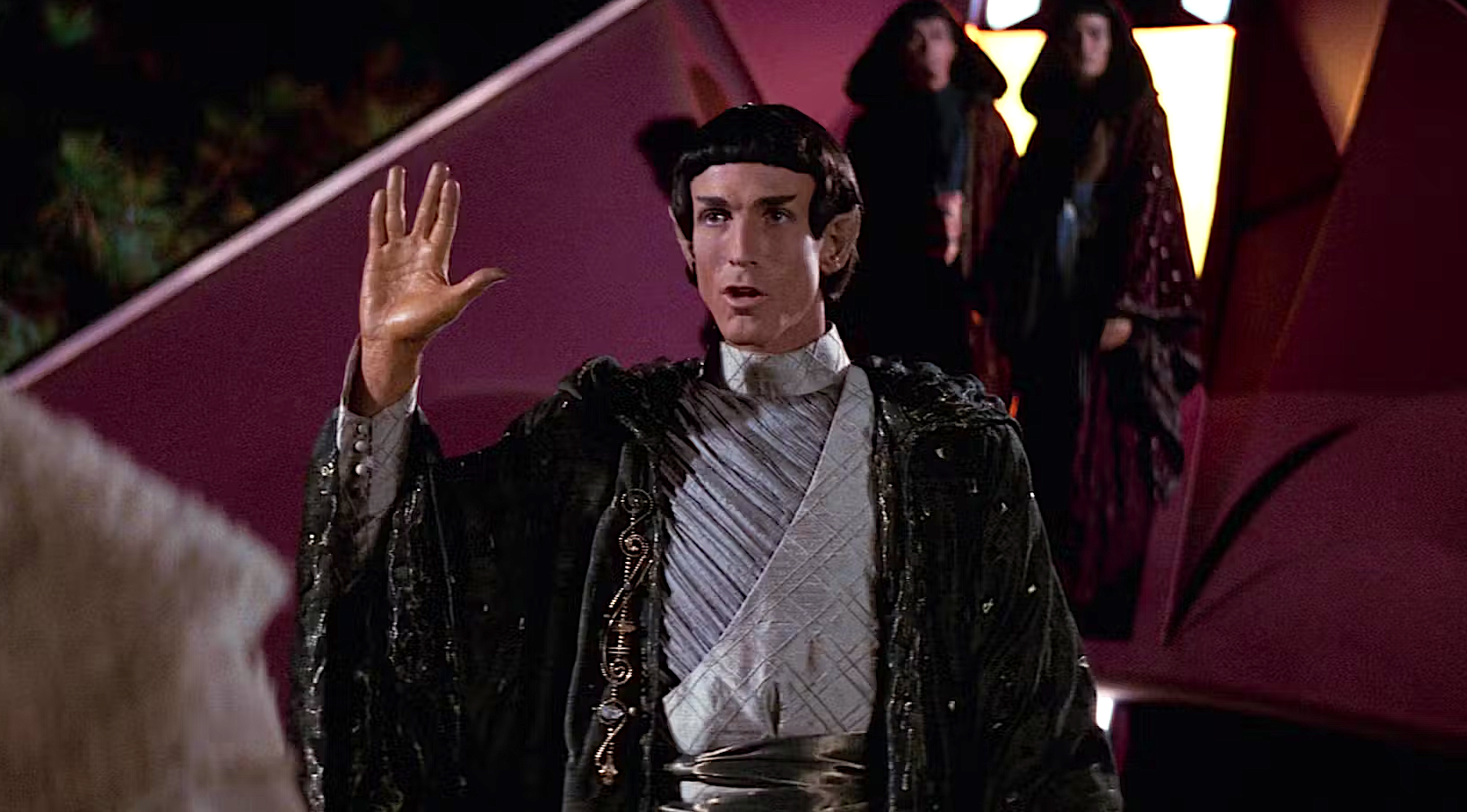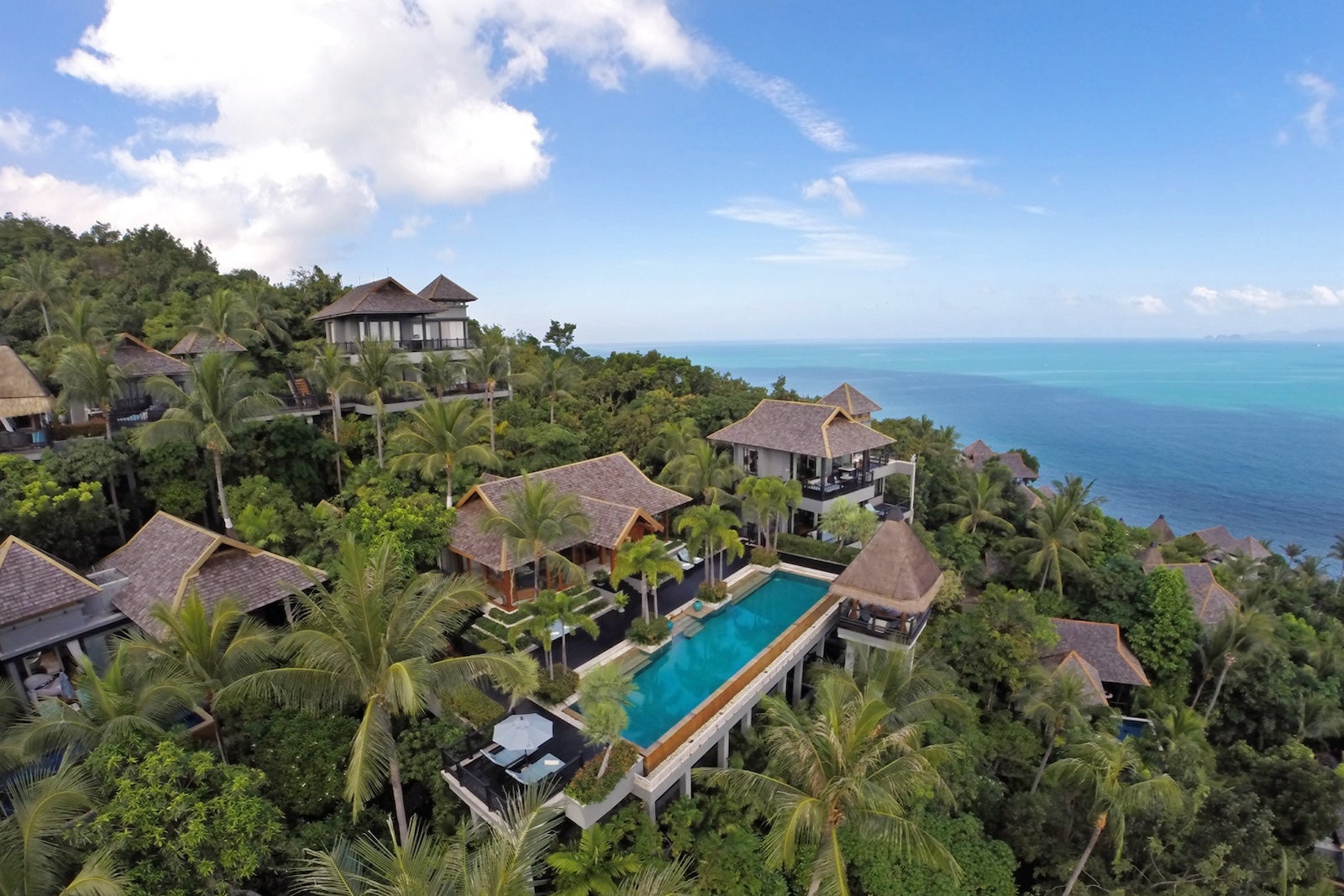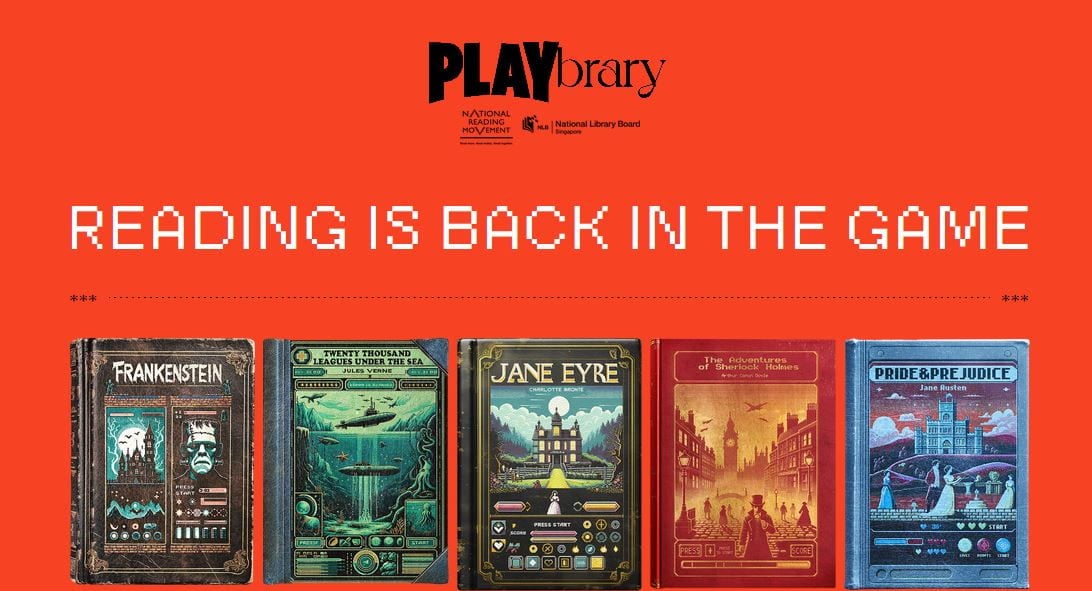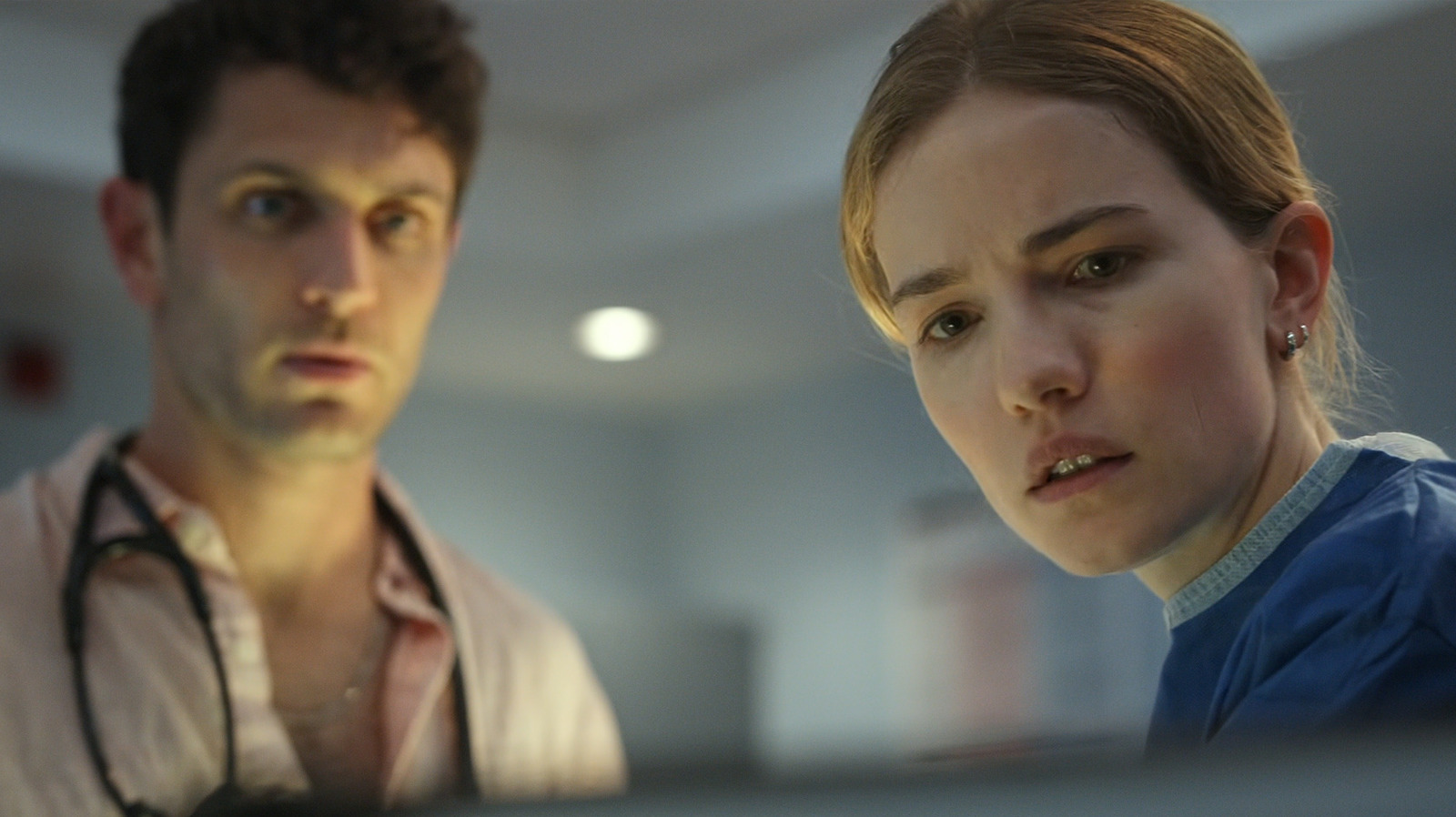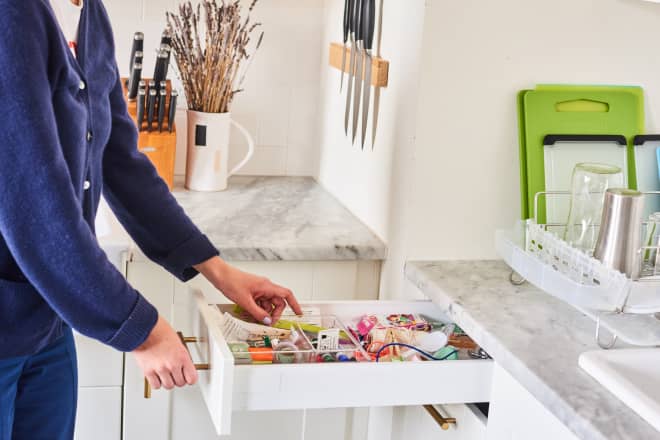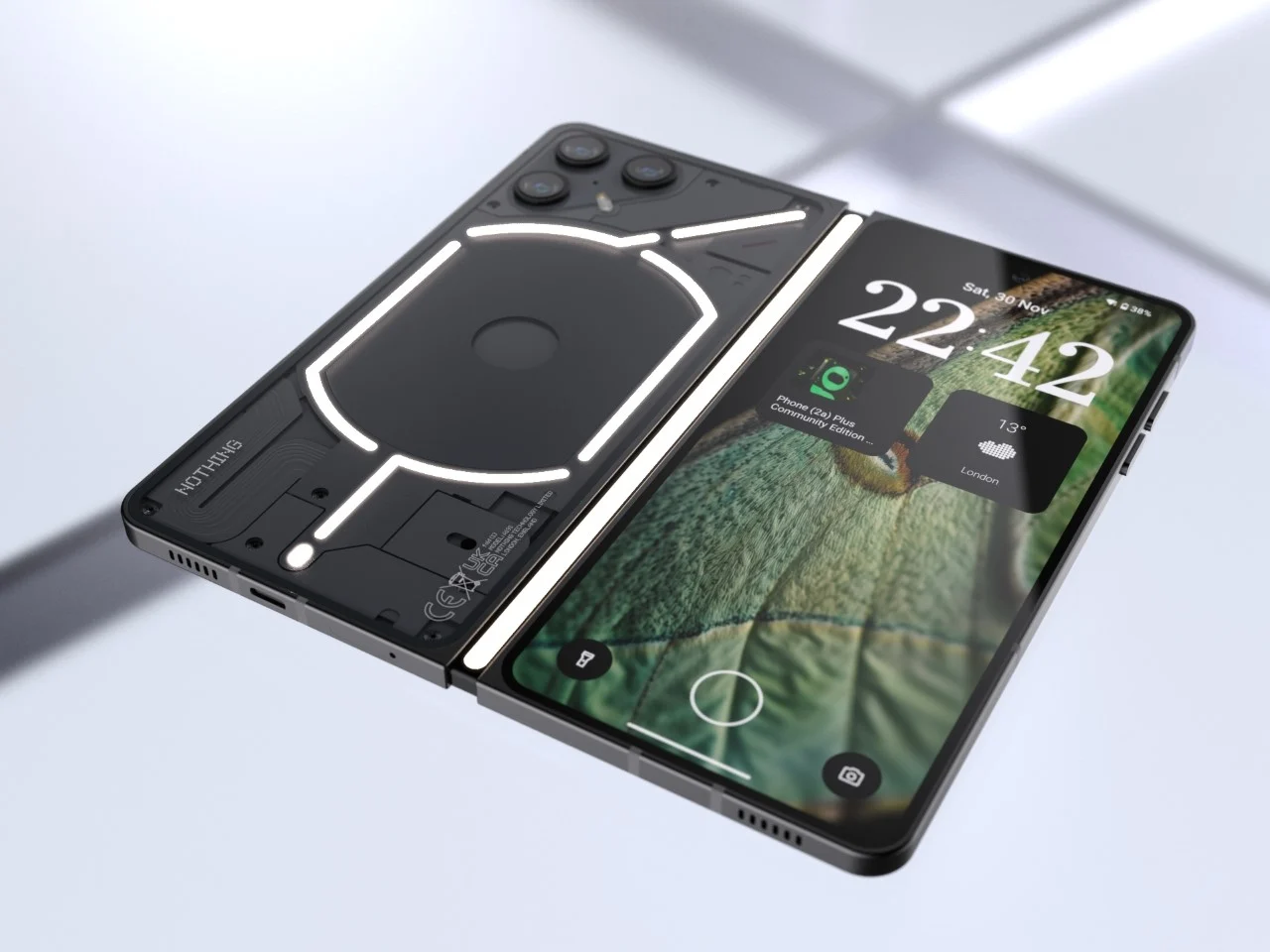WNBA stars are changing young female athletes’ lives in a beautiful way
Thanks to a partnership between Voice in Sports and the WNBA Changemakers, 100,000 girls between the ages of 13 and 23 will have access to mentorship over the next two years. Last year, the WNBA announced its inaugural partnership with Voice In Sport (VIS), an online platform that provides mentorship and support to thousands of young female athletes all over the world. The premise was simple: studies identified that when the average girl turns 14, she is twice as likely to quit playing sports as a boy her age in the same position. And, studies have also shown that 94 percent of women CEOs previously played sports, while 52 percent of them played sports in college. The WNBA, one of the fastest-growing women’s sports leagues in the world, wanted to help tackle the rising sports dropout rates among women by providing mentorship opportunities. So, the league partnered with Stef Strack’s company, which created an accessible website through which girls could directly connect with mentors, whether that be nutritionists, sports psychologists, or professional athletes themselves. In Year 1, 50,000 girls were able to participate for free. Now, thanks to a partnership with the WNBA Changemakers, 100,000 girls between the ages of 13 and 23 will have access to mentorship over the next two years. Female athletes across that age range regularly meet with WNBA athletes and pick their brains about a wide range of topics. including mental health, body image, nutrition, confidence, and finding your identity outside of sport, among others. “The goal of the Voice in Sports platform, and the new app, is really to democratize access, so that any young girl, no matter where you live, can access the best role models,” Strack told SB Nation earlier this month. “We’ve only been doing this for a year together, but over the course of the next several years, we really believe that we’ll be able to decrease the amount of young girls that are dropping out of sports. And, ultimately, also ensure that they stay in sport to get into leadership positions. As we know, there’s a really strong tie between both of those things.” 16 WNBA stars will serve as mentors next season Every WNBA team, including the WNBA’s newest-addition team, the Golden State Valkyries, will have at least one mentor. The returning mentors include Aliyah Boston (Indiana Fever), Satou Sabally (Phoenix Mercury), Haley Jones (Atlanta Dream), Ariel Atkins (Chicago Sky), Isabelle Harrison (New York Liberty), Alysha Clark (Seattle Storm), and Kayla McBride (Minnesota Lynx). First-time mentors include Allisha Gray (Atlanta Dream), Jewell Lloyd (Las Vegas Aces), Monique Billings (Golden State Valkyries), Rickea Jackson (Los Angeles Sparks), and Shakira Austin (Washington Mystics). WNBA Sixteen WNBA players will participate in the Voice in Sports program. “The lineup of mentors is incredible, and there’s been so much interest from the players to really give back to younger girls in sports,” Strack said. “And, the number one thing we hear from the mentors is that they wish they had this when they were younger. For Alysha Clark, getting involved with the program was a no-brainer Seattle Storm forward Alysha Clark is a three-time WNBA champion, a former Sixth Player of the Year recipient, and a two-time All-Defense team member. Still, she ranks her participation in the Voice in Sports program as among her proudest career accomplishments. “Just because this is something that’s helping me leave the game essentially better than I found it,” Clark told SB Nation. “To be able to create lanes for other young girls, who either want to be professional athletes or want to work in professional sports... and just being visible and accessible to them, to be able to pour into them the way that, I’ve been fortunate enough through sport and through my journey as a professional that I’ve had you know, vets do to me.” Photo by David L. Nemec/NBAE via Getty Images Alysha Clark is a returning WNBA mentor in the Voice in Sports program. When she was first approached about participating in the program, Clark didn’t hesitate about the opportunity to be a mentor: “It was a no-brainer for me.” Over the past year, her sessions were focused on loving and fueling your body, finding your identity outside of sports, and navigating through grief. A big theme in her mentorship has been how much outside life factors — like stress — can impact one’s body and performance. “That’s why I love being a mentor,” Clark said. “Because I guess to share these tips with these girls and these young players and young athletes in the beginning of their careers, to help where they are later, and give them a leg up.” Alysha Clark’s mentees have been shaped by the experience Mattie Schimenz, a women’s basketball player at Winona State University, first got connected with Voice in Sports when her coach signed the entire team up for an initial mentor


Thanks to a partnership between Voice in Sports and the WNBA Changemakers, 100,000 girls between the ages of 13 and 23 will have access to mentorship over the next two years.
Last year, the WNBA announced its inaugural partnership with Voice In Sport (VIS), an online platform that provides mentorship and support to thousands of young female athletes all over the world.
The premise was simple: studies identified that when the average girl turns 14, she is twice as likely to quit playing sports as a boy her age in the same position. And, studies have also shown that 94 percent of women CEOs previously played sports, while 52 percent of them played sports in college.
The WNBA, one of the fastest-growing women’s sports leagues in the world, wanted to help tackle the rising sports dropout rates among women by providing mentorship opportunities.
So, the league partnered with Stef Strack’s company, which created an accessible website through which girls could directly connect with mentors, whether that be nutritionists, sports psychologists, or professional athletes themselves. In Year 1, 50,000 girls were able to participate for free.
Now, thanks to a partnership with the WNBA Changemakers, 100,000 girls between the ages of 13 and 23 will have access to mentorship over the next two years. Female athletes across that age range regularly meet with WNBA athletes and pick their brains about a wide range of topics. including mental health, body image, nutrition, confidence, and finding your identity outside of sport, among others.
“The goal of the Voice in Sports platform, and the new app, is really to democratize access, so that any young girl, no matter where you live, can access the best role models,” Strack told SB Nation earlier this month.
“We’ve only been doing this for a year together, but over the course of the next several years, we really believe that we’ll be able to decrease the amount of young girls that are dropping out of sports. And, ultimately, also ensure that they stay in sport to get into leadership positions. As we know, there’s a really strong tie between both of those things.”
16 WNBA stars will serve as mentors next season
Every WNBA team, including the WNBA’s newest-addition team, the Golden State Valkyries, will have at least one mentor.
The returning mentors include Aliyah Boston (Indiana Fever), Satou Sabally (Phoenix Mercury), Haley Jones (Atlanta Dream), Ariel Atkins (Chicago Sky), Isabelle Harrison (New York Liberty), Alysha Clark (Seattle Storm), and Kayla McBride (Minnesota Lynx).
First-time mentors include Allisha Gray (Atlanta Dream), Jewell Lloyd (Las Vegas Aces), Monique Billings (Golden State Valkyries), Rickea Jackson (Los Angeles Sparks), and Shakira Austin (Washington Mystics).
/cdn.vox-cdn.com/uploads/chorus_asset/file/25928490/WNBA_VIS_Cards_Grid.jpg) WNBA
WNBA
“The lineup of mentors is incredible, and there’s been so much interest from the players to really give back to younger girls in sports,” Strack said. “And, the number one thing we hear from the mentors is that they wish they had this when they were younger.
For Alysha Clark, getting involved with the program was a no-brainer
Seattle Storm forward Alysha Clark is a three-time WNBA champion, a former Sixth Player of the Year recipient, and a two-time All-Defense team member.
Still, she ranks her participation in the Voice in Sports program as among her proudest career accomplishments.
“Just because this is something that’s helping me leave the game essentially better than I found it,” Clark told SB Nation. “To be able to create lanes for other young girls, who either want to be professional athletes or want to work in professional sports... and just being visible and accessible to them, to be able to pour into them the way that, I’ve been fortunate enough through sport and through my journey as a professional that I’ve had you know, vets do to me.”
/cdn.vox-cdn.com/uploads/chorus_asset/file/25928683/2175342762.jpg) Photo by David L. Nemec/NBAE via Getty Images
Photo by David L. Nemec/NBAE via Getty Images
When she was first approached about participating in the program, Clark didn’t hesitate about the opportunity to be a mentor: “It was a no-brainer for me.”
Over the past year, her sessions were focused on loving and fueling your body, finding your identity outside of sports, and navigating through grief. A big theme in her mentorship has been how much outside life factors — like stress — can impact one’s body and performance.
“That’s why I love being a mentor,” Clark said. “Because I guess to share these tips with these girls and these young players and young athletes in the beginning of their careers, to help where they are later, and give them a leg up.”
Alysha Clark’s mentees have been shaped by the experience
Mattie Schimenz, a women’s basketball player at Winona State University, first got connected with Voice in Sports when her coach signed the entire team up for an initial mentorship meeting. The experience ended up being so impactful that she stayed on as a mentee past that initial commitment and is now beginning a marketing internship with the company.
“I wish more people knew about it,” Schimenz told SB Nation. “The mentoring sessions feel very personal. It’s a small group of girls. You get to talk to the mentors, which, in my case, were WNBA players, and just hear about their specific journeys in sport — and you can relate to them in a lot of ways, and gain knowledge from them. I just really loved it.”
One of Schimenz’ mentors was Alysha Clark, a player she had long watched compete in the WNBA. Right away, she was struck by how relatable Clark was.
“You see these celebrities and professional athletes, and you forget that they’re just normal humans too... it’s just kind of like you’re talking to your bigger your big sister, one of your teammates,” Shimenz said.
When she learned that Clark was organizing a toy drive, it spurred her to think about how she could impact her community.
“It opens up your eyes to how much of an impact you as an athlete can have on your community,” she said. “It doesn’t matter what level you play, even if you’re at a small university in a small town, you can have just as big of an impact.”
Kamy Peppler, a women’s basketball player at the University of Wisconsin-Milwaukee, was similarly struck by just how normal Clark was.
“She was very personable and down to earth and genuine,” Peppler told SB Nation. “We literally met her dog, and she was encouraging us to have a conversation.”
Peppler said that her conversations with Clark highlighted they shared a lot of similar experiences, both having played in high school and college.
“You hold professional athletes on such a high level, you never would think you’d be able to just speak to them about certain things,” Peppler said.
But, they were able to converse, and in turn, Peppler learned to ensure that her self-worth wasn’t tied to basketball. Clark emphasized to her mentees that she cooks and plays with her dog.
“After that, I really started focusing on, what do I like to do outside of basketball,” Peppler said. “What other things can I focus on?”
Strack understands just how impactful the program can be.
“A lot of them, when you think about even just a couple years ago or five, ten years ago, it was taboo to talk about things like menstruation and sport, or mental health and sport,” she said. “So really, the mentors are really fundamentally changing the narrative for these young girls, creating open spaces and a safe space for them to have these conversations.”
